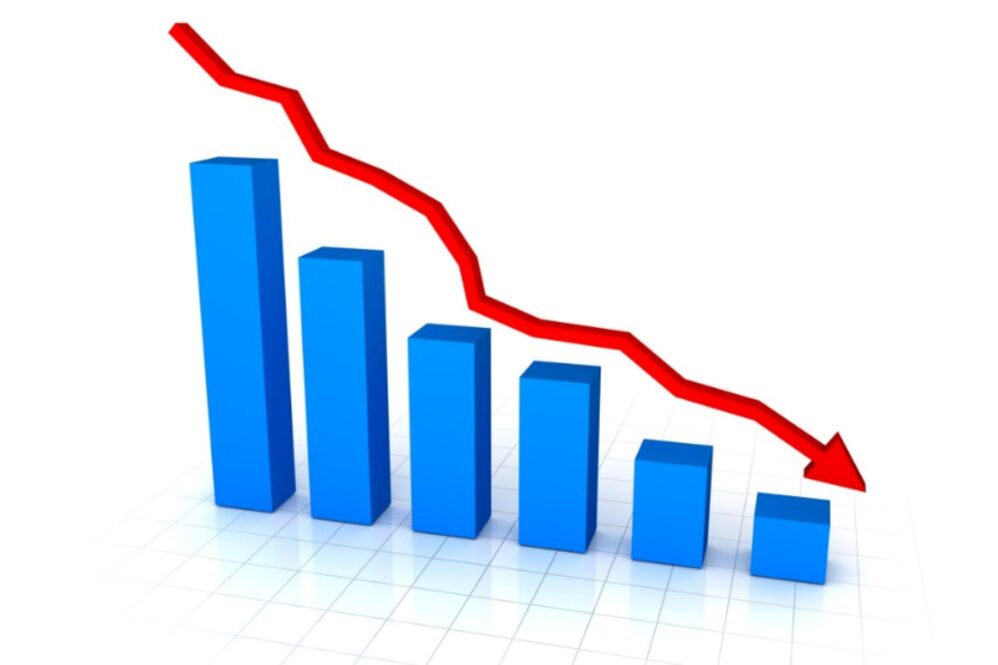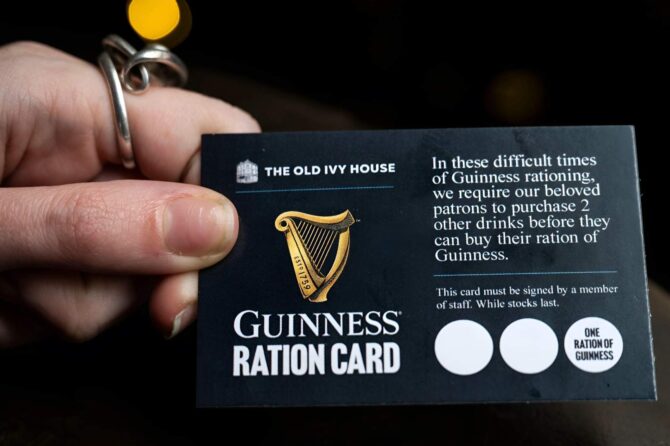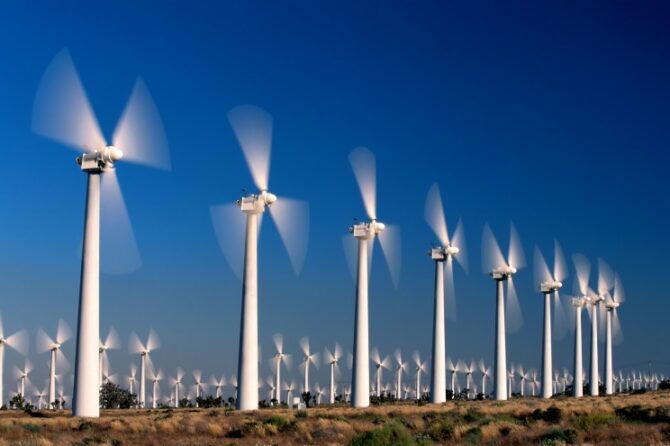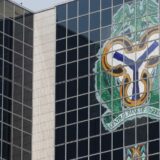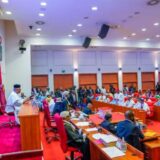Nigeria’s Inflation Rate Drops to 23.71% in April 2025, Signaling Modest Relief Amid Persistent Price Pressures
Abuja, May 16, 2025 – Nigeria’s headline inflation rate eased to 23.71% in April 2025, down from 24.23% recorded in March, according to the latest Consumer Price Index (CPI) report released by the National Bureau of Statistics (NBS). This 0.52 percentage point decline marks the first notable easing in inflation after months of sustained high price increases, offering modest relief to consumers amid ongoing economic challenges.
Detailed Inflation Trends
- Month-on-Month Inflation: Inflation growth slowed significantly to 1.86% in April from 3.90% in March, indicating a slower pace of price increases compared to the previous month.
- Food Inflation: Food prices, which constitute the largest share of the inflation basket, moderated to 21.36% year-on-year in April from 21.79% in March. On a monthly basis, food inflation declined slightly to 2.06% from 2.18%. The decrease was driven by falling prices of key staples such as maize flour, wheat grain, dried okra, yam flour, soya beans, rice, bambara beans, and brown beans.
- Core Inflation: Excluding volatile food and energy prices, core inflation also eased to 23.39% year-on-year in April from 24.43% in March, with a monthly increase of 1.34%, down from 3.73%.
Regional Variations
Food inflation on a year-on-year basis was highest in Benue (51.76%), Ekiti (34.05%), and Kebbi (33.82%), while Ebonyi (7.19%), Adamawa (9.52%), and Ogun (9.91%) recorded the slowest increases. Month-on-month food inflation was highest in Benue (25.59%), Ekiti (16.73%), and Yobe (13.92%), with declines observed in Ebonyi (-14.43%), Kano (-11.37%), and Ogun (-7.06%).
Impact of Base Year Rebasing
The NBS attributed part of the sharp decline in food inflation compared to April 2024 (which stood at 40.53%) to the rebasing of the CPI from the 2009 base year to 2024. This technical adjustment recalibrated inflation figures but does not diminish the positive trend of easing price pressures.
Economic and Market Implications
The easing inflation rate has calmed activities in financial markets, with investors showing increased appetite for short-dated treasury bills amid hopes for continued price stability. However, inflation remains elevated, and analysts caution that sustained policy efforts are required to maintain this downward trajectory.
The International Monetary Fund (IMF) projects Nigeria’s inflation to average around 26.5% in 2025, reflecting ongoing challenges despite recent improvements.
Outlook
Economic forecasts suggest inflation will gradually decline to about 25% by the end of the second quarter of 2025, with further reductions expected to around 17% in 2026 and 15% in 2027, assuming continued fiscal discipline and improved supply conditions.


